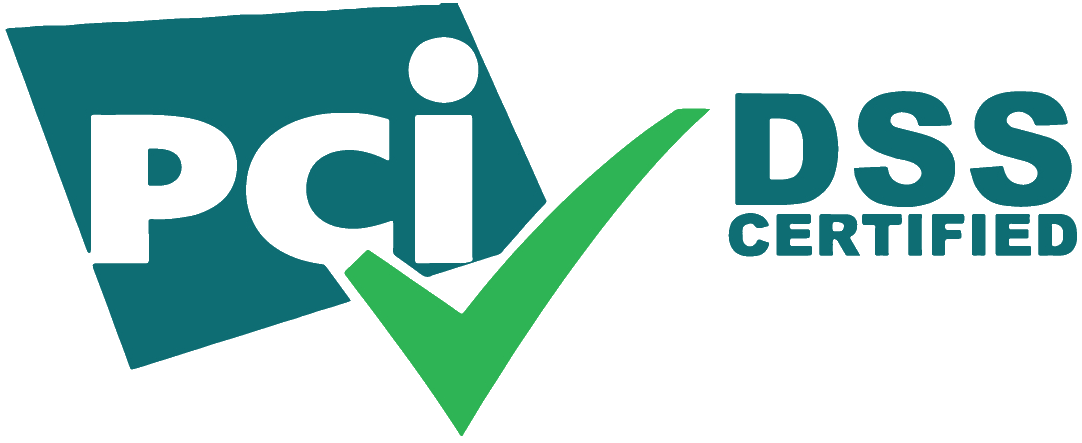The way organisations manage their payroll operations has significantly changed in today's fast-paced digital world. Traditional payroll methods are being challenged by innovative fintech solutions, raising the question: which approach is best suited for your business?
Let's explore a detailed comparison between Fintech Payroll and Traditional Payroll to help you make an informed decision.
1. Efficiency and Automation:
Traditional Payroll:
Traditional payroll systems often involve manual data entry, leading to time-consuming processes. Calculations, tax deductions, and compliance checks are prone to human errors.
Fintech Payroll:
Fintech payroll solutions use automation and artificial intelligence to simplify payroll procedures. They offer real-time calculations, automatic tax deductions, and compliance updates, ensuring accuracy and efficiency.
2. Cost-Effectiveness:
Traditional Payroll:
Traditional payroll methods may incur significant costs related to paperwork, printing, and manpower required for manual tasks. Additionally, correcting errors can lead to extra expenses.
Fintech Payroll:
Fintech payroll solutions eliminate the need for extensive paperwork and reduce the manpower required for payroll management. Fintech platforms save costs associated with physical storage and printing.
3. Data Security:
Traditional Payroll:
Physical papers are frequently used in traditional payroll systems, leaving them vulnerable to theft, loss, or damage. Ensuring the security of sensitive employee information can be challenging.
Fintech Payroll:
Payroll platforms powered by fintech include multi-factor authentication, robust encryption, and secure cloud storage to enhance data protection.
4. Accessibility and Convenience:
Traditional Payroll:
Accessing payroll data in traditional systems might require physical presence in the office, limiting accessibility for remote or traveling employees.
Fintech Payroll:
Fintech payroll platforms provide secure, 24/7 access to payroll data from any location with an internet connection. Fintech offers convenience for both employers and employees to manage payroll on-the-go.
5. Scalability:
Traditional Payroll:
Scaling traditional payroll systems to accommodate business growth can be complex, requiring additional resources and time-consuming adjustments.
Fintech Payroll:
Fintech payroll solutions are inherently scalable. They can adapt to the changing needs of businesses, whether they are scaling up or down, ensuring seamless payroll management regardless of size.
Conclusion:
While traditional payroll systems have served businesses for years, the digital era demands efficiency, accuracy, and security that traditional methods struggle to provide. Fintech payroll solutions offer a future-ready alternative, optimizing payroll processes and empowering businesses to focus on their core operations.
In the Fintech vs. Traditional Payroll battle, Fintech emerges as the clear winner, providing a streamlined, cost-effective, secure, accessible, and scalable payroll solution.
Embrace the future of payroll management with MoXey Pay, where innovation meets efficiency, transforming your payroll experience for the better.




